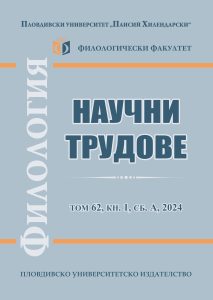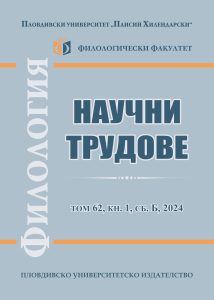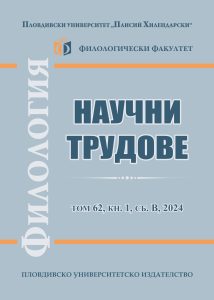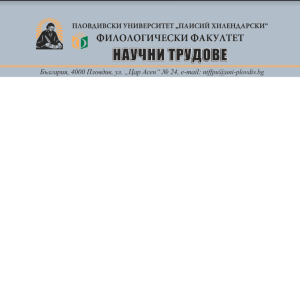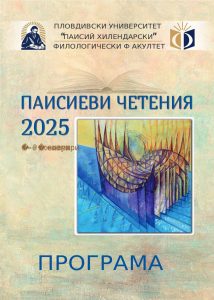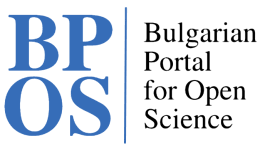VOL. 59, BOOK 1, PART А, 2021, pp. 64-75 Full text (Bg)
Author:
Diana Ivanova
Affiliation: Paisii Hilendarski University of Plovdiv
Abstract
The second quarter of the 19th century was associated with the initial construction of the New Bulgarian literary language, a period in which the Slavonic-Bulgarian type of language formation dominated, containing spoken and bookish elements in an unbalanced ratio. In the works of some authors, it is closer to the Church Slavic language, while in others – to commonspeech. The observations on the books Pavlovich wrote in the 1830s (arithmetic and grammar) show that they had the second, more liberal line of language construction. This article aims to defend this thesis by analyzing „Pismennik obshtepolezen“ (1835) at a syntactic level and tohighlight the merits of the author in the affirmation of syntactical norms, which is a point of interest in view of the development of the Bulgarian literary language.
Key words: Bulgarian Revival, Hr. Pavlovich, „Pismennik obshtepolezen“ (1835) New Bulgarian literary language, literary idiom, syntax


